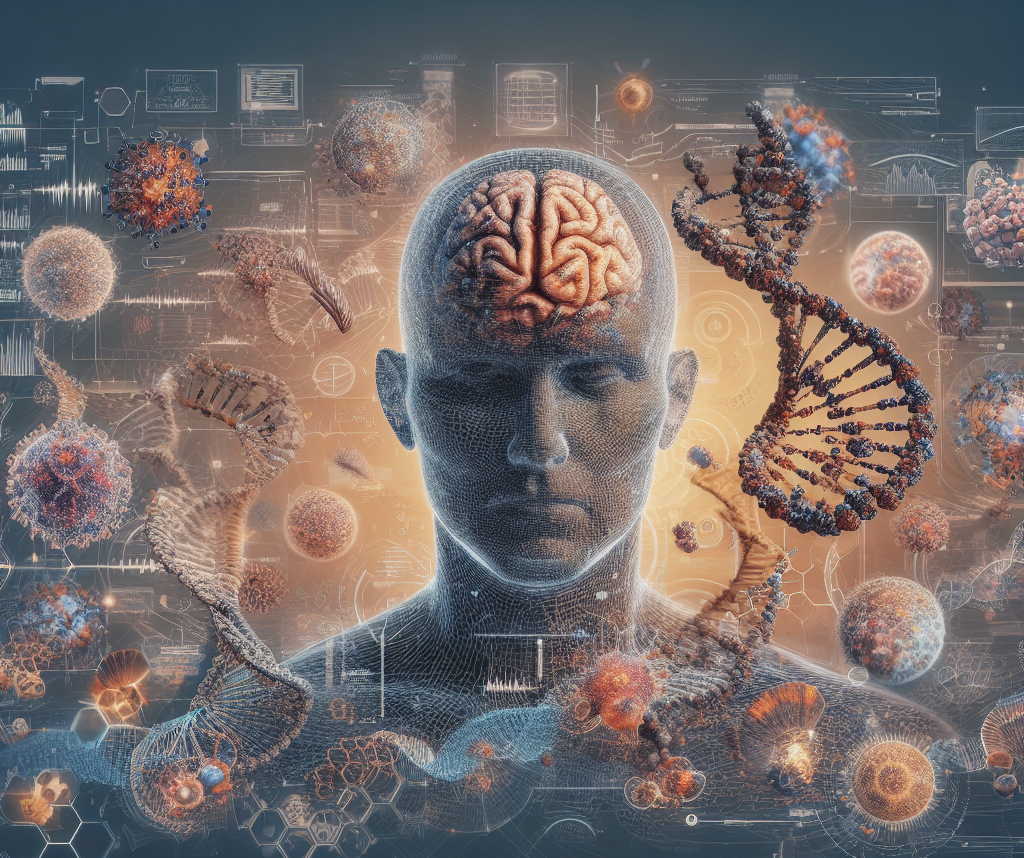Epigenetics, the study of heritable changes in gene expression that do not involve changes to the underlying DNA sequence, is playing a critical role in our understanding of human health and disease. This field of study has the potential to revolutionize medicine by providing insights into the underlying mechanisms of various diseases and informing new strategies for prevention and treatment.
At its core, epigenetics involves chemical modifications to the DNA and its associated proteins, which can influence gene expression and cellular function. These modifications, which include DNA methylation, histone modification, and non-coding RNA regulation, can be influenced by a variety of environmental factors, such as diet, stress, and exposure to toxins.
One of the most significant findings in the field of epigenetics is the role it plays in human disease. Researchers have discovered that epigenetic changes can contribute to the development of a wide range of diseases, including cancer, diabetes, cardiovascular disease, and neurodegenerative disorders. For example, researchers have observed aberrant DNA methylation patterns in cancer cells, which lead to the dysregulation of tumor suppressor genes and promote tumor growth. Similarly, scientists have linked changes in histone modifications to the development of chronic diseases such as diabetes and cardiovascular disease.
Understanding the role of epigenetics in human health and disease has significant implications for personalized medicine. By identifying specific epigenetic marks associated with a particular disease, researchers can develop targeted therapies that aim to reverse or correct these changes. This approach has the potential to revolutionize the treatment of many diseases, moving away from a one-size-fits-all approach to a more personalized and effective treatment strategy.
Additionally, the study of epigenetics has shed light on the importance of early life exposures in influencing long-term health outcomes. It is now recognized that environmental factors experienced during critical periods of development, such as in utero or during early childhood, can have a lasting impact on gene expression and increase the risk of developing certain diseases later in life. This understanding has highlighted the importance of promoting healthy environments and lifestyles during these critical periods to mitigate the risk of developing chronic diseases in adulthood.
In conclusion, the study of epigenetics is providing valuable insights into the mechanisms underlying human health and disease. By understanding the role of epigenetic changes in disease development, researchers are paving the way for personalized medicine and the development of targeted therapies. Furthermore, the recognition of the impact of early life exposures on long-term health outcomes has important implications for public health interventions and strategies for disease prevention. As our understanding of epigenetics continues to grow, it has the potential to revolutionize the way we approach and treat human diseases, ultimately leading to improved health outcomes for individuals around the world.















